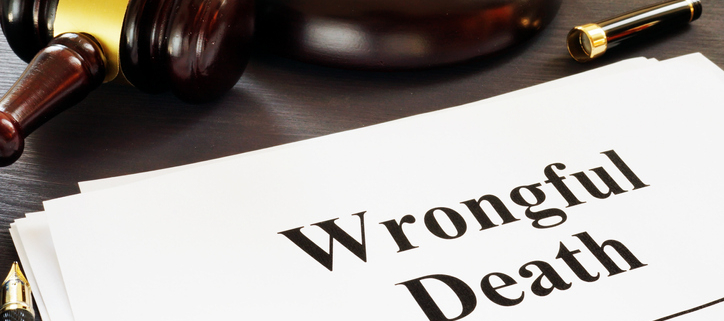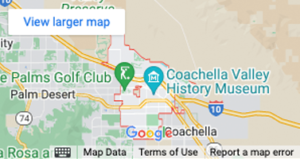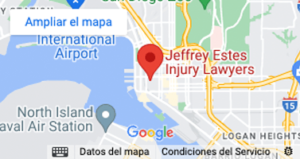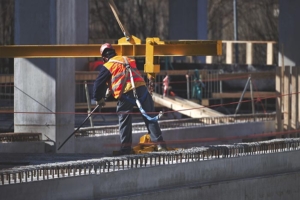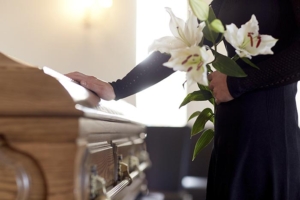What to Expect in a California Wrongful Death Case
Death of a loved one is a tragedy no one wants to think about. The last thing you need is a complicated legal process to worry about. That’s why we’re here to help! Wrongful death compensation can never make up for the fact that your loved one is gone. But if your loved one died because of someone else’s purposeful actions or negligence, you have the legal right to pursue compensation.
In California, a “wrongful death” is defined as when one person dies as the result of the wrongful act or negligence of another person or entity.
Wrongful death cases can be stressful, but that’s why we’re here. We help take the load of pursuing justice off your shoulder so that you can focus on taking care of yourself and honoring your loved one’s legacy.
Here’s a step-by-step guide of what to expect when you file a wrongful death claim in San Diego, California. And of course, we’re available to support you each step of the way!
- Understand the statute of limitations. In most California cases, a wrongful death lawsuit must be filed within two years of the death. However, if a death results from medical malpractice, the surviving family members have 3 years from the date of injury, or 3 years from when the injury should have been discovered through due diligence, whichever date is sooner. When a death occurs through the negligence of any governmental body – for example, a car accident resulting from negligent road maintenance – then survivors have six months to file a claim.
- Determine if you are eligible to file. In California, the following parties may bring a wrongful death claim to court:
- the deceased person’s surviving spouse
- the deceased person’s domestic partner
- the deceased person’ s surviving children
- If there is no surviving person in the deceased person’s line of descent, then a wrongful death lawsuit may be brought by anyone “who would be entitled to the property of the decedent by intestate succession,” which can include parents or siblings.
According to Nolo, if they can show they were financially dependent on the deceased person, the following people can bring a wrongful death lawsuit in California:
- the deceased person’s “putative spouse” and children of the putative spouse
- the deceased person’s stepchildren
- the deceased person’s parents
- Call an experienced wrongful death attorney. Too often, victims walk away from their case with a settlement far lower than the law entitles them to. An attorney can help you understand what amount of compensation is fair and how to claim it.
- Assemble evidence and begin investigations. As the plaintiff in a wrongful death case, you’ll need to prove the following:
- Duty of Care – You must prove to the court that the defendant owed a duty of care to your loved one. For example, in the case of a car accident, you must prove that the defendant had an obligation to drive carefully while operating any vehicle.
- Breach of Duty of Care – You must prove that the defendant breached the duty of care owed to your loved one. Again, if the situation involves a car accident, you must show that the defendant failed to obey the applicable traffic laws, such as by speeding or by running a red light.
- Causation – You must show that the defendant’s particular action directly caused the wrongful death. So, even if the defendant ran a red light while driving a car, the defendant is not responsible if the death was caused by something else, such as a mechanical failure on the deceased’s vehicle, according to Nolo.
- Determine the value of your case. In California, damages that can be awarded in a wrongful death case include:
- funeral and burial expenses
- medical and hospital bills for the deceased person’s final illness or injury,
- lost income, including potential income the deceased person would reasonably have been expected to earn in the future had he or she lived.
- the value of household services
- loss of anticipated financial support
- loss of love, community, attention, affection, moral support, and guidance.
Your case is drafted and filed.Discovery and deposition stage.
Both sides of the case will exchange facts and other details about your claim, “discovering” the other party’s evidence. During discovery, attorneys will conduct a process called the deposition. Depositions are the statements from witnesses prior to a trial.
Trial. Sometimes a case is settled before going to trial. But if both sides can’t agree, then a trial is scheduled before a judge or jury to decide the outcome.
Do you need to file a wrongful death case in San Diego, CA? Don’t go through this alone. Get help from an attorney who has a strong understanding of California law and who cares about your case.

